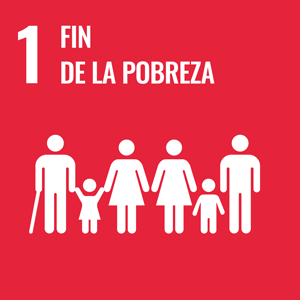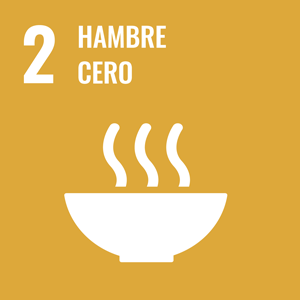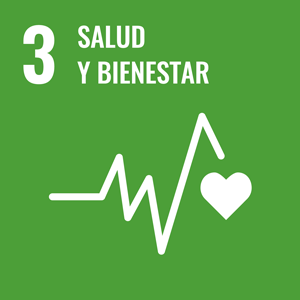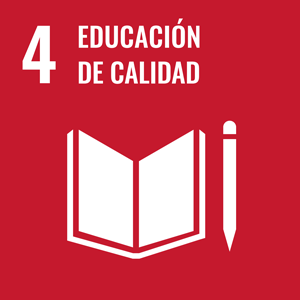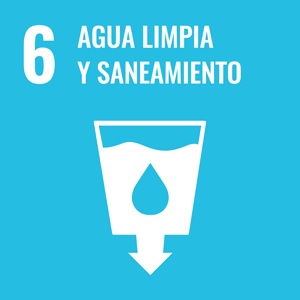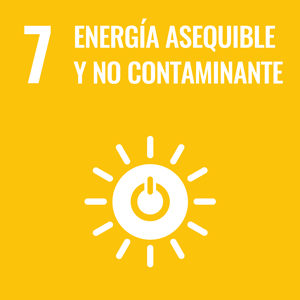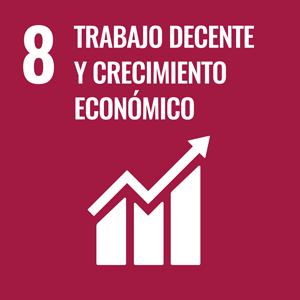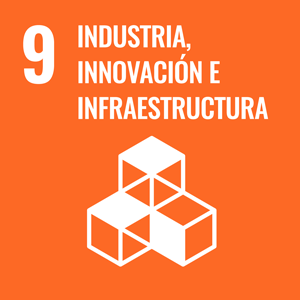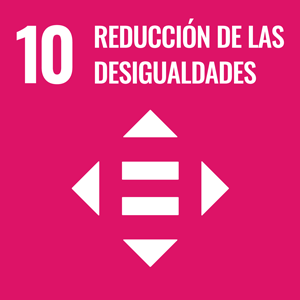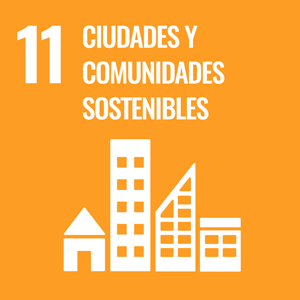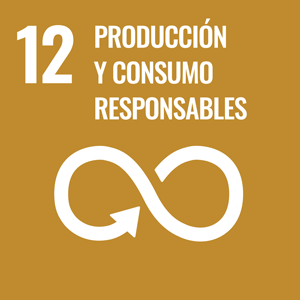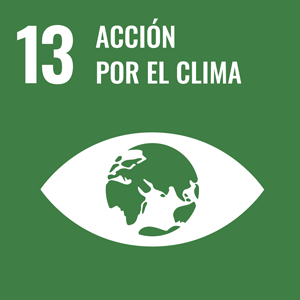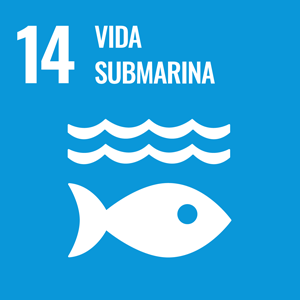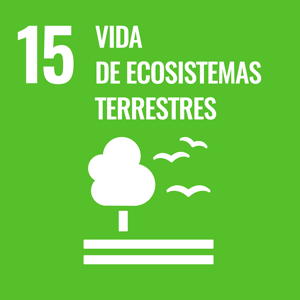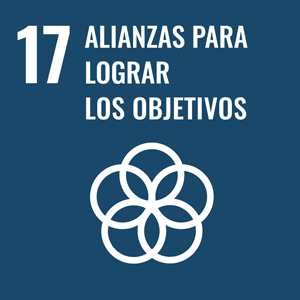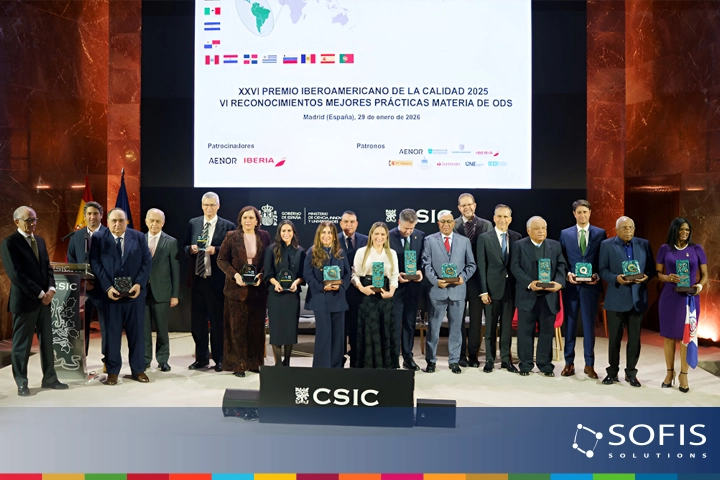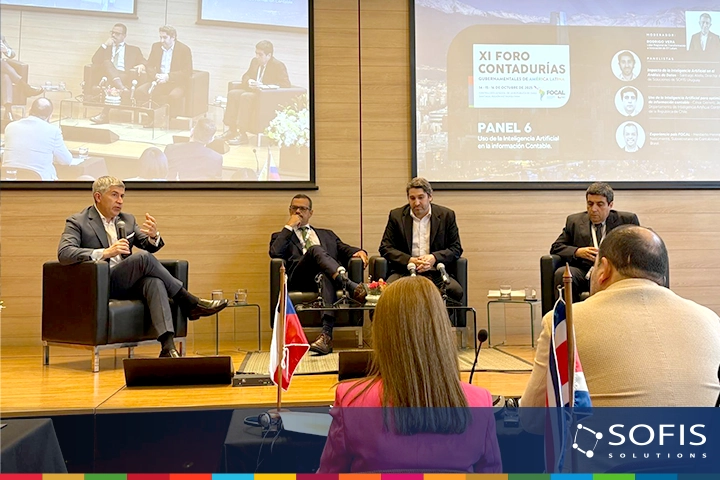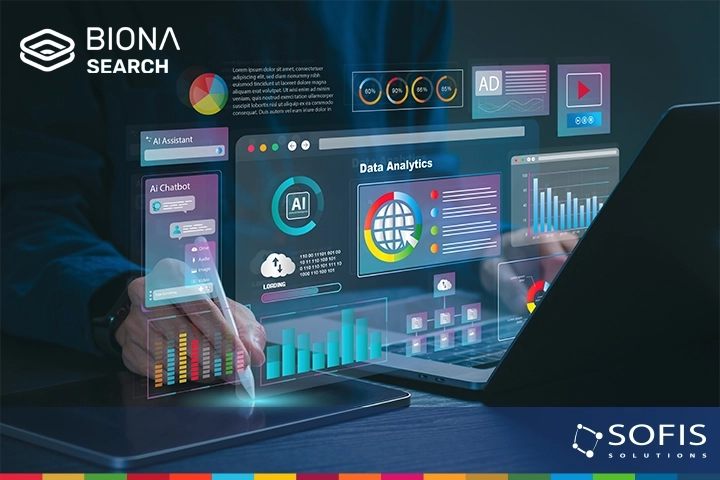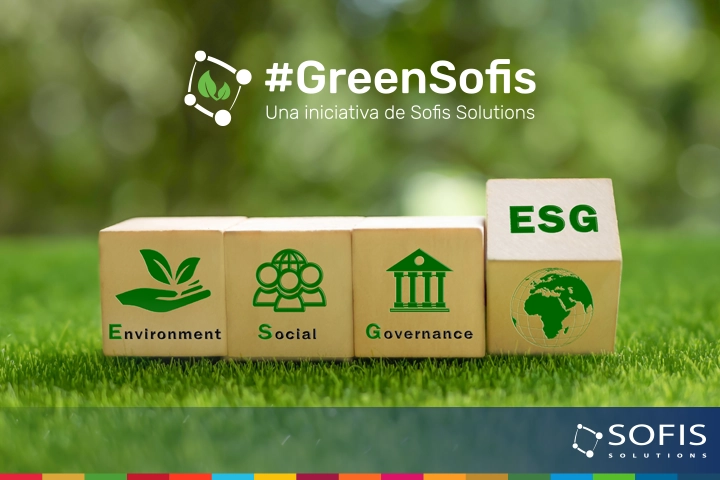-
Who we are
-
-
StrategyMission
To solve the challenges of organizations and communities through intelligent, secure, sustainable, and people-centered solutions, so they generate real value in their social and productive contexts.
VisionTo be the chosen company by organizations seeking to innovate with quality, purpose, and trust in the intelligent era.
Learn moreValues- Ethics and transparency
- Professionalism
- Respect
- Honesty
- Innovation
- Responsibility
- Effectiveness
- Integrity
- Customer orientation
- Punctuality
-
-
-
History
Sofis Solutions was born in 2005, in the city of Montevideo - Uruguay.
Since its inception, the main driver was and remains quality. This applies to processes, products, and relationships with the environment.The internationalization of the company It was one of the founding objectives. In the first stage, it expanded from Uruguay, and in the second stage, it opened offices in Latin American countries. Currently, it has offices in Montevideo, Panama, El Salvador and Ecuador.
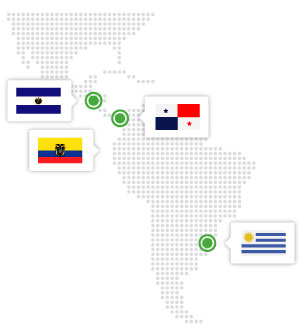
-
-
-
Alliances








-
-
-
Certifications

CMMI-DEV-3
More informationNational Quality Award - 2023 Edition
More informationISO 9001:2015
Quality Management SystemISO 37001:2016
Anti-Bribery Management SystemISO 14001:2015
Environmental Management System
-
-
-
SustainabilityLearn more
Sofis Solutions integrates environmental, social, and governance (ESG) principles into its management and operations, driving sustainability through Digital Transformation. Its strategic approach prioritizes energy efficiency, digital inclusion, and transparency in digital governance, contributing to the responsible development of organizations.
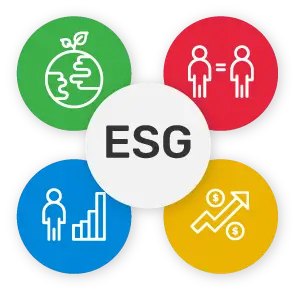
-
-
-
What we do
-
-
IT projectsLearn moreAt our Software Factory, we specialize in providing software development solutions with a focus on excellence and sustainability.
-
-
-
Software qualityOur software quality services comprehensively address the aspects or dimensions of software quality, addressing this approach throughout the entire software development cycle.
- Manual and automated functional suitability testing
- Performance testing
- Software product quality
- Software quality consulting
Learn more
-
-
-
Staff AugmentationLearn moreWhat is IT Staff Augmentation? IT Staff Augmentation is a specialized technical staffing model that enables organizations to increase their agility and respond to the changing technological needs of the market.
-
-
-
ConsultancyIn the public sector, strategic decisions and projects with citizen-centered designs and excellence have the power to transform entire communities.Learn more
-
-
-
BIonA SuiteBIonA Suite is a comprehensive platform for the intelligent management of processes and services in public and private organizations. BIonA Suite facilitates smart transformation with a focus on public value and user experience. Learn more
-
-
-
Projects
-
-
Recent projects
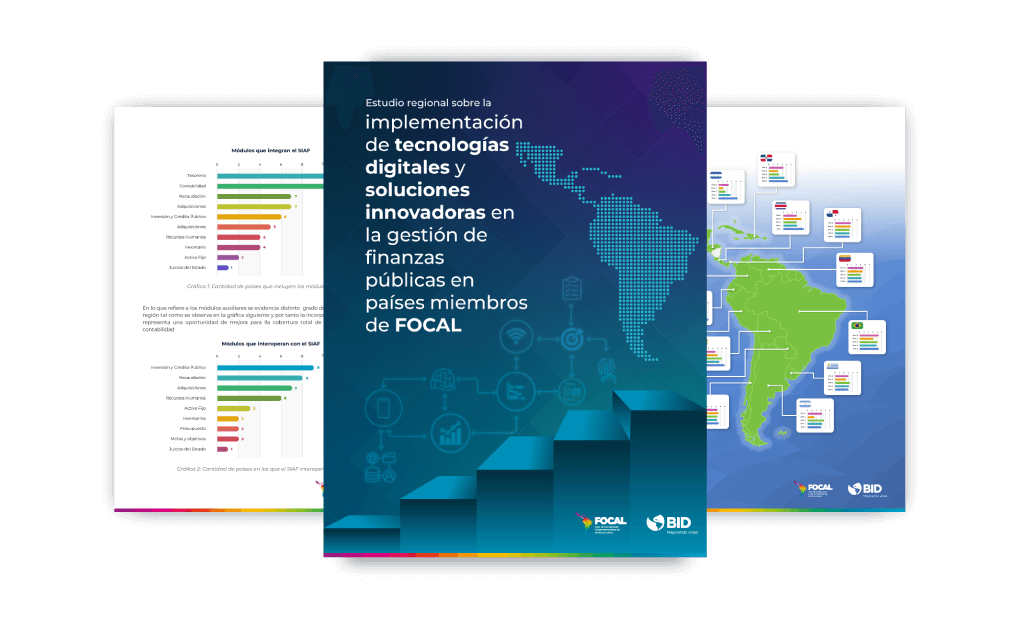 FOCAL Regional StudyFOCAL - El Salvador
FOCAL Regional StudyFOCAL - El Salvador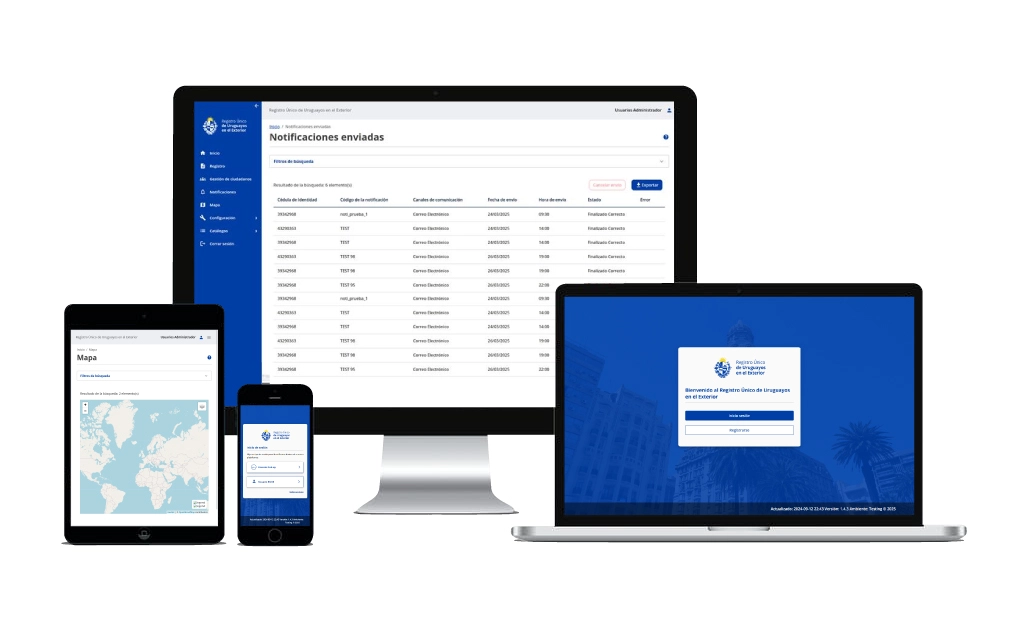 Single Registry of Uruguayans AbroadMinistry of Foreign Affairs - Uruguay
Single Registry of Uruguayans AbroadMinistry of Foreign Affairs - Uruguay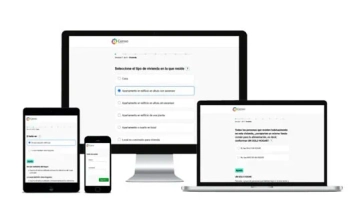 Population and Housing Census 2023National Institute of Statistics - Uruguay
Population and Housing Census 2023National Institute of Statistics - Uruguay
-
-
-
Digital Public InfrastructureWhat are Digital Public Platforms?ProjectsProducts
-
-
-
-
Mobile applicationsWe create hybrid, native, and PWA solutions for devices with Android and iOS operating systems.
Some of our projects:Digital Patrols, Ecuadorian Bovine Information System, Easy Budget UY, Digital Portfolio, SIGES Teachers App, SIGES Parents App.
Learn more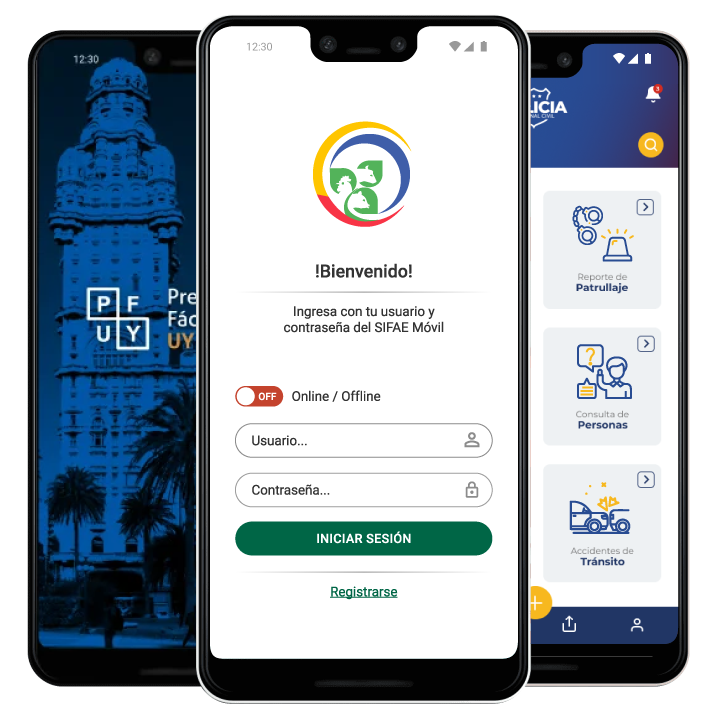
-
-
-
FOCAL regional studyThe purpose of the study was to carry out a regional analysis with the objective of identifying and evaluating the maturity level of the member countries of the Latin American Government Accounting Forum (FOCAL), currently composed of Argentina, Bolivia, Brazil, Chile, Colombia, Costa Rica, Ecuador, El Salvador, Guatemala, Honduras, Mexico, Nicaragua, Panama, Paraguay, Peru, Dominican Republic, Uruguay and Venezuela.Learn more
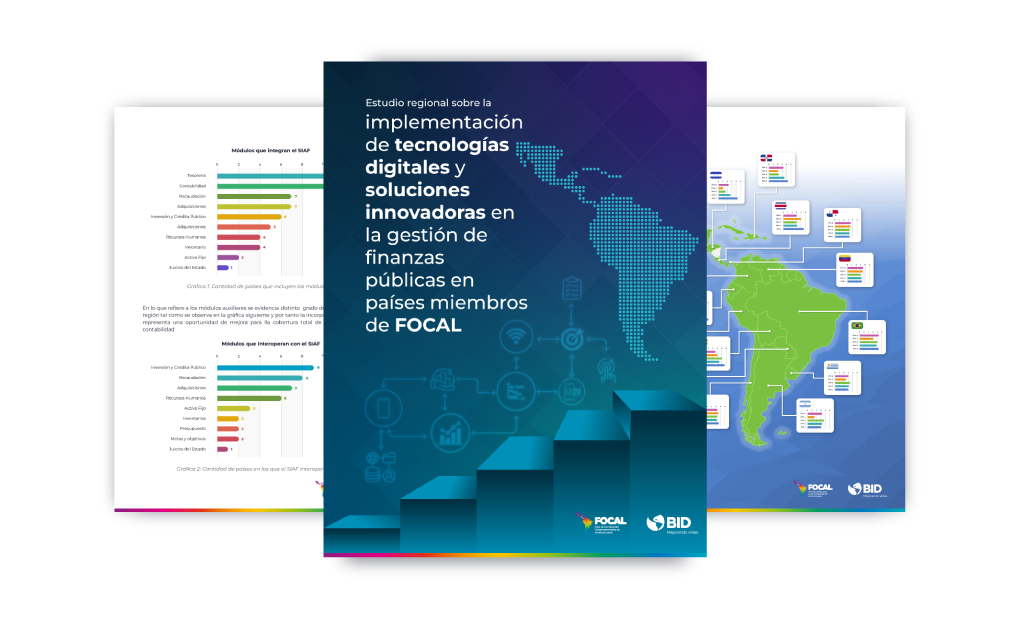
-
-
- AI
-
-
Artificial IntelligenceLearn moreAdvanced Artificial Intelligence (AI) and Big Data solutions that transform the way organizations make decisions and optimize their operations. We specialize in the development of intelligent autonomous agents and generative AI solutions using large language models (LLMs), both on local infrastructure and in the cloud.
-
- Press Room
-
-
Sustainable development
-
-
-
Interviews
 16/06/2025Virtual Threads in Java
16/06/2025Virtual Threads in Java
-
- Innovation
-
-
#GreenSofisMore information
Methodology
#GreenSofisSustainable Digital Transformation Conference
#GreenPath
-
-
-
AI For Everything
It is an initiative by Sofis Solutions, from the Intelligent Solutions Division, that promotes the adoption of artificial intelligence as a key driver of efficiency and effectiveness in the intelligent era.
It integrates both administrative and operational processes, promoting an organizational evolution where technology amplifies knowledge, optimizes decision-making, and generates value in a sustainable and inclusive way.
More information
-
- Contact us
- ES PT-PT
-
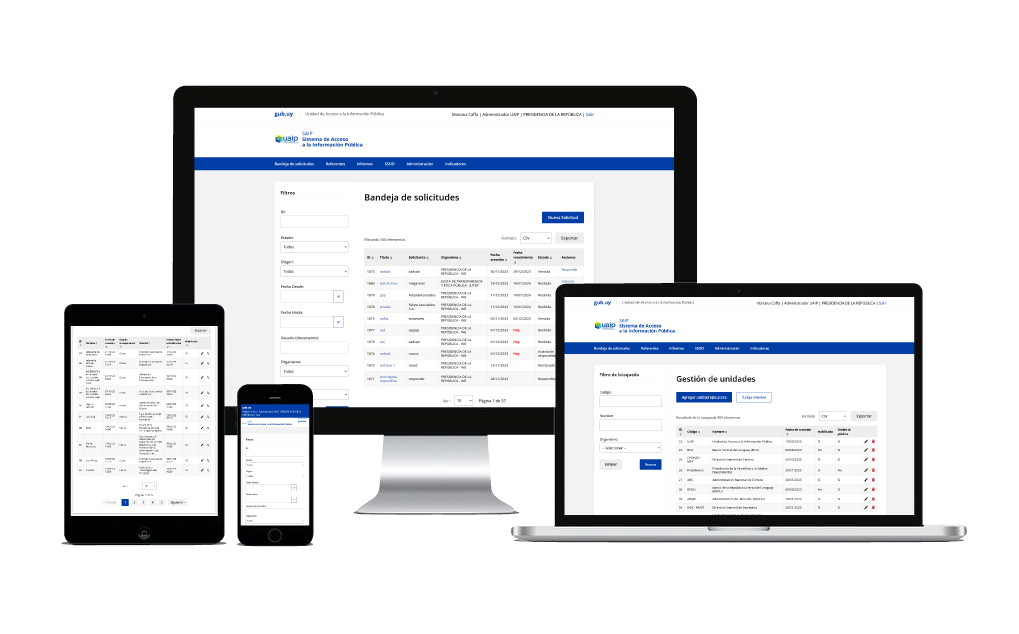 Beneficiary: AGESIC (UAIP-Public Information Access Unit)
From 2015 until 2023
Country: Uruguay
Beneficiary: AGESIC (UAIP-Public Information Access Unit)
From 2015 until 2023
Country: Uruguay
Public Information Access System
The Public Information Access System (SAIP) allows the centralization of the management and tracking of public information access requests submitted to public agencies, enabling any person to submit the request online, track its progress, and receive the response when the requested information is available.
It also allows the obligated entities to generate and send compliance status reports and reports of reserved information as required by law. Additionally, it enables the designation, uploading, and updating of the active and passive transparency officers in the system as required by regulations.
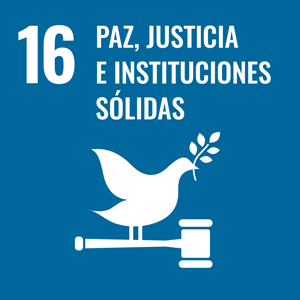
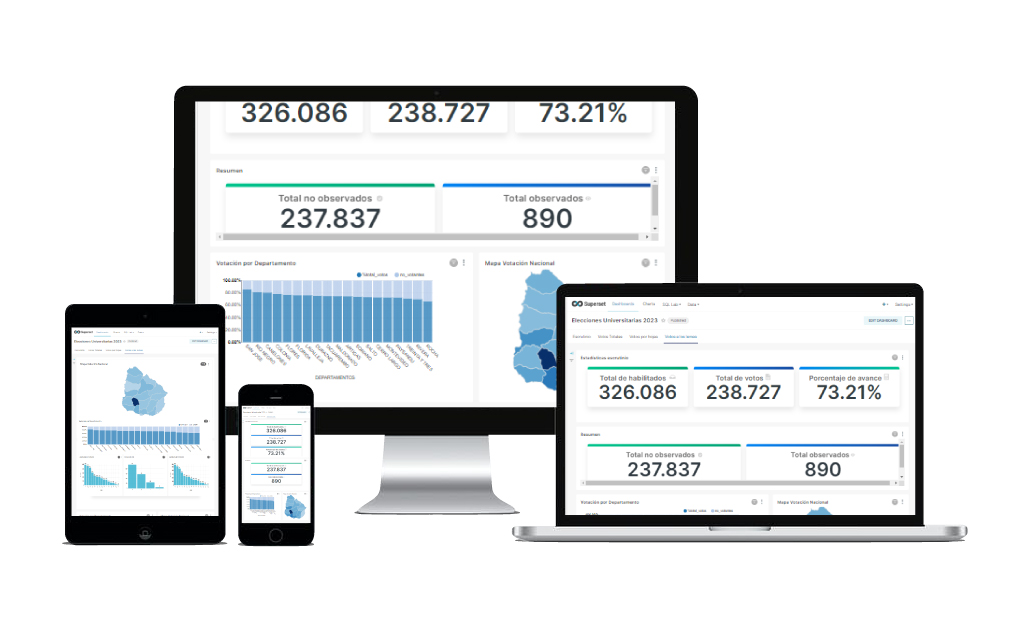 Beneficiary: Electoral Court of Uruguay
From 2022 until 2023
Country: Uruguay
Beneficiary: Electoral Court of Uruguay
From 2022 until 2023
Country: Uruguay
Electoral Process and Scrutiny Analytics
This project consisted of the development of an analytical database through the extraction of the operational databases of the Electoral Court linked to the electoral process itself (voting progress, circuits with transmission problems, etc.) as well as to the results of the primary and final scrutiny related to the university elections.
From this database, dashboards were built for the different user profiles involved in the process with real-time data that allowed members of the Electoral Commissions and the organization to make data-driven decisions.

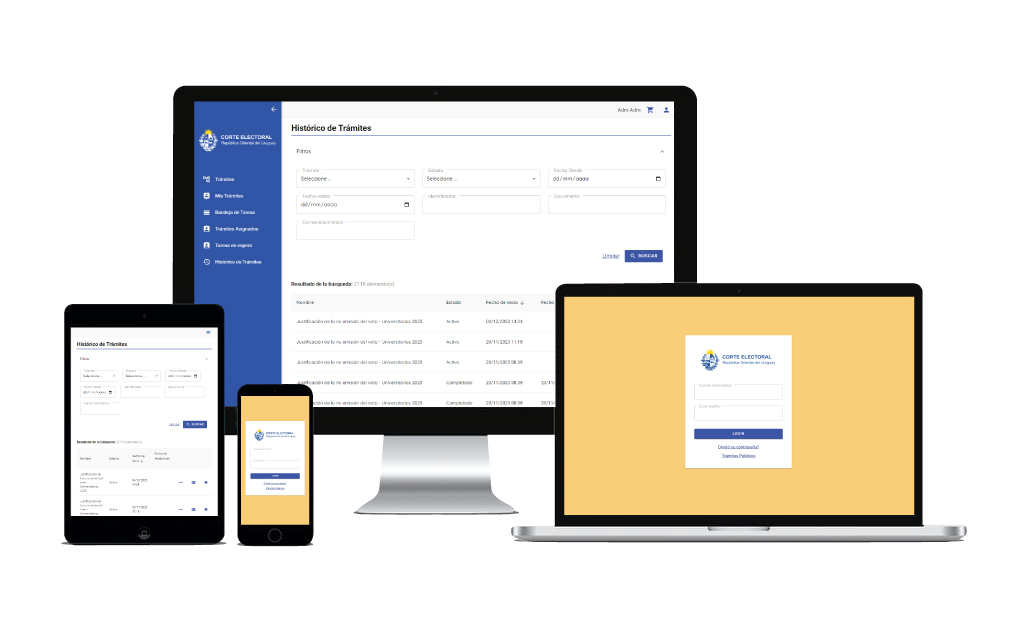 Beneficiary: Electoral Court of Uruguay
From 2021 until 2023
Country: Uruguay
Beneficiary: Electoral Court of Uruguay
From 2021 until 2023
Country: Uruguay
Online procedures for citizenship
The Electoral Court of Uruguay incorporates a procedure management tool through which citizen procedures related to documentation required by other agencies have been automated, such as proof of voting, justification for not voting (in cases of compulsory voting), payment of fines, registration of volunteers for the Voting Receiving Commissions, among others.
The tool includes the initiation of the procedure by the citizen on the procedures portal, the internal resolution by the agency (through process automation), the issuance of documentation, and the delivery of the documentation to the citizen.

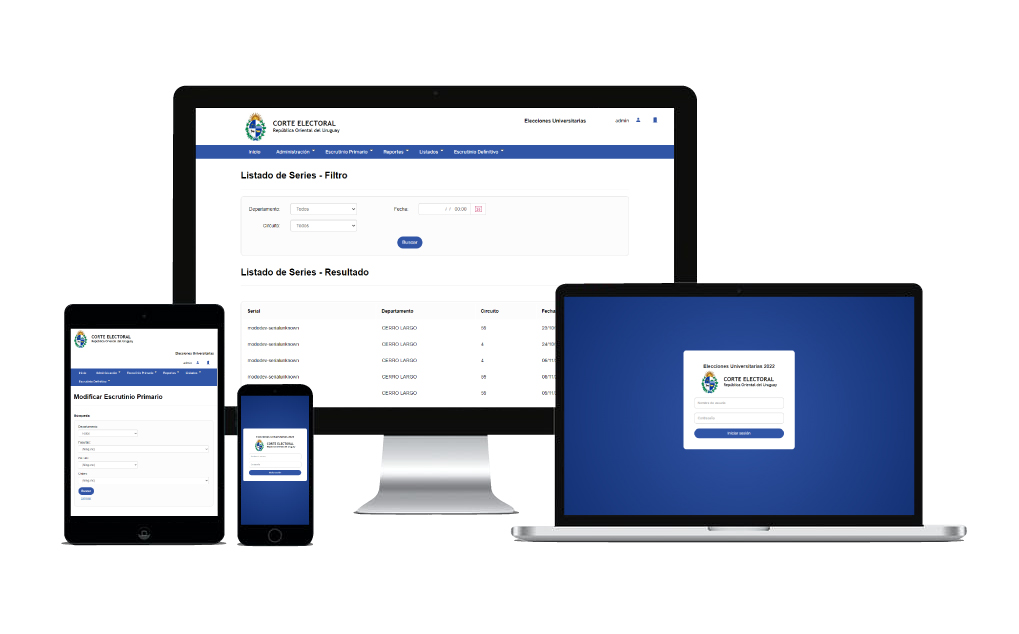 Beneficiary: Electoral Court of Uruguay
From 2021 until 2023
Country: Uruguay
Beneficiary: Electoral Court of Uruguay
From 2021 until 2023
Country: Uruguay
Scrutiny Management System
This system automates the receipt of vote counting data from each circuit and processes it centrally to issue the consolidated vote count. It applies to elections held by the Electoral Court of Uruguay that are not national elections. The system includes functionalities corresponding to the preliminary vote count (data received directly from the voting receiving commissions) and the final vote count (resulting from validation and final tally).
The system includes a security scheme based on best practices in electoral processes for the reception, storage, and issuance of results.
Additionally, the system provides voter data (whether they voted or not) and result data for use by external systems.

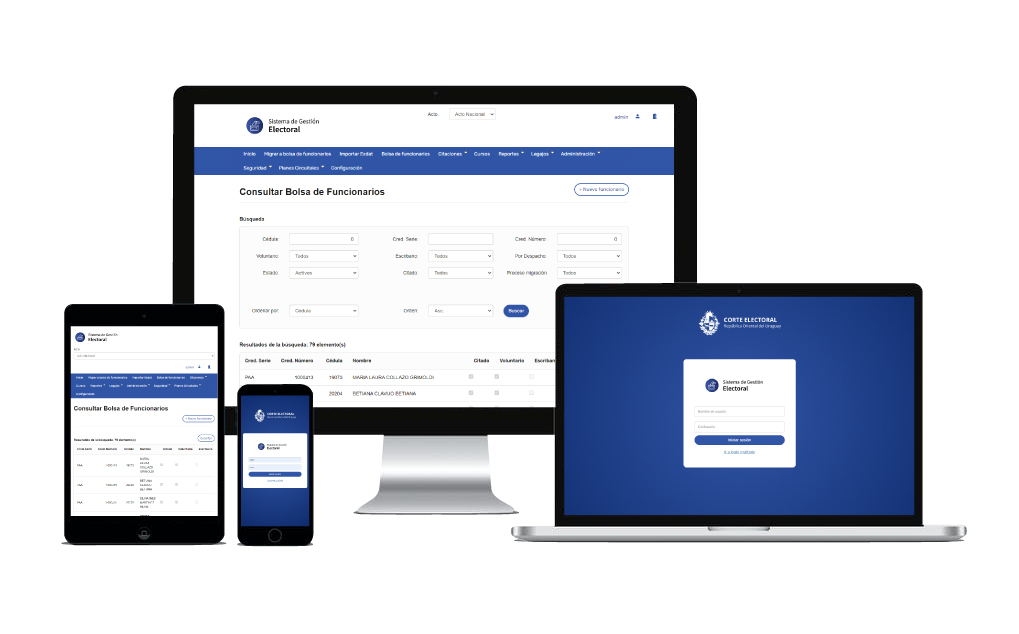 Beneficiary: Electoral Court of Uruguay
From 2021 until 2023
Country: Uruguay
Beneficiary: Electoral Court of Uruguay
From 2021 until 2023
Country: Uruguay
Electoral Management System
The Electoral Management System automates the processes related to the logistics of elections conducted by the Electoral Court of Uruguay. Its main functionalities include:
Creation of the Circuit Plan. Through assignment optimization algorithms, it generates the circuit plan that determines the circuits where citizens can cast their vote.
Management of Voting Locations. Registration, consultation, and assignment of voting locations to the circuits in the plans.
Voting Receiving Commissions (CRV). Assignment of people to each voting receiving commission in each circuit, using optimization and rules that comply with current regulations. The voting receiving commissions are composed of primary and substitute members, prioritizing assignments in the circuits where they are registered to vote.
Training for CRV members. The system includes management of training sessions for the members of the voting receiving commissions.

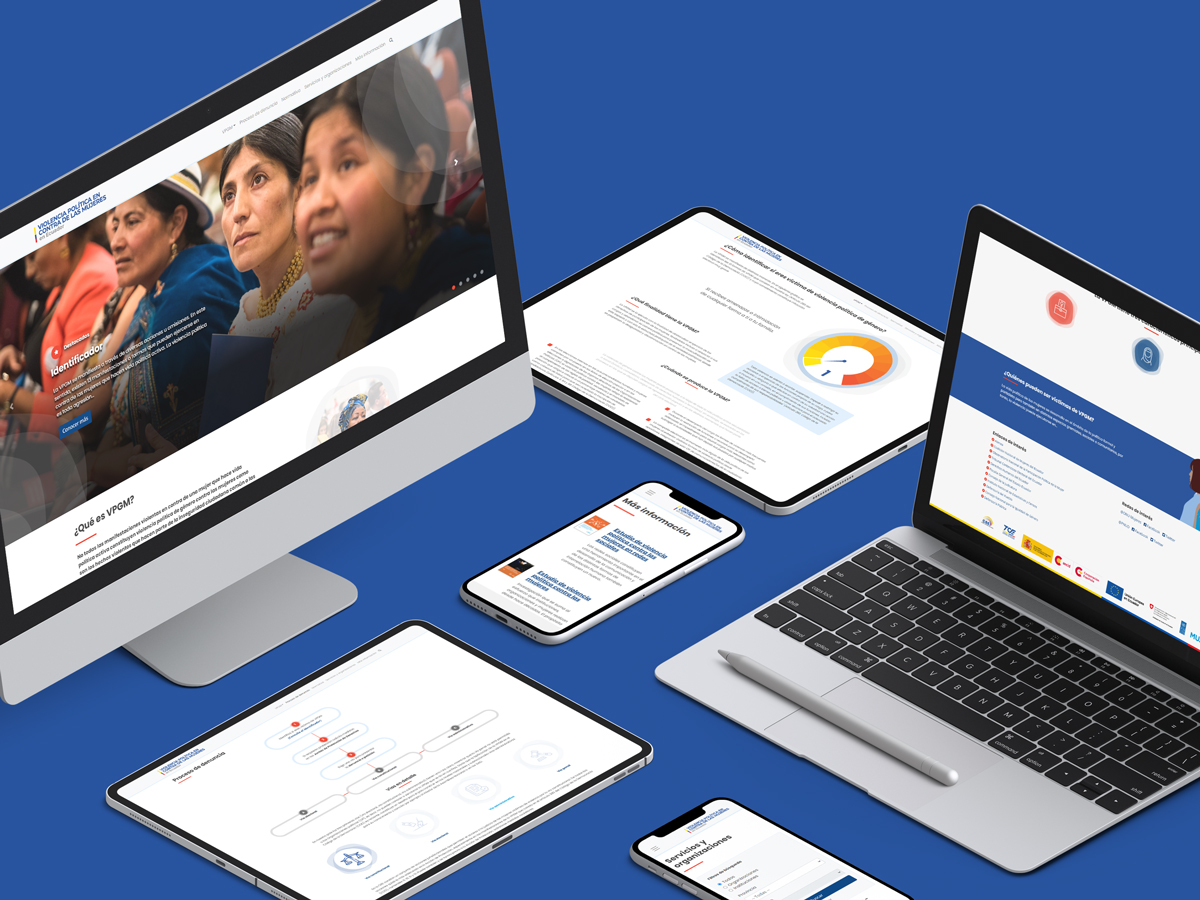 Beneficiary: UN - Women
From 2021 until 2021
Country: Ecuador
Beneficiary: UN - Women
From 2021 until 2021
Country: Ecuador
Portal on Political Gender Violence
This project, led by UN Women in Ecuador, aims to highlight issues related to gender-based political violence against women in the country. Women, like men who are actively involved in politics, whether partisan or in other areas, are subject to public scrutiny and social control. Therefore, gender-based political violence should not be confused with critical analysis or denunciation of irregularities in the performance of office, as long as they are well-founded and do not constitute ongoing practices of political harassment aimed precisely at discrediting the presence of women in the political sphere. This portal provides information about gender-based political violence against women, the complaint and case follow-up process, the compilation of existing regulations, as well as a catalog of public support services and civil society organizations. Access the portal
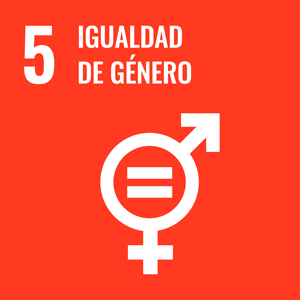

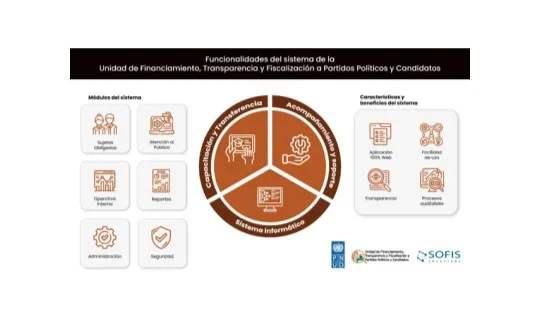 Beneficiary: Clean Policy Unit
From 2021 until 2021
Country: Honduras
Beneficiary: Clean Policy Unit
From 2021 until 2021
Country: Honduras
Accountability Platform
The project consisted of the development of a Platform for the Accountability of Political Parties and candidates regarding the income and expenses of their campaigns. The platform has two main components:
- management by the end users, and
- administration by the officials of the Clean Politics Unit, regarding the evaluation of sworn statements and their “approval.”

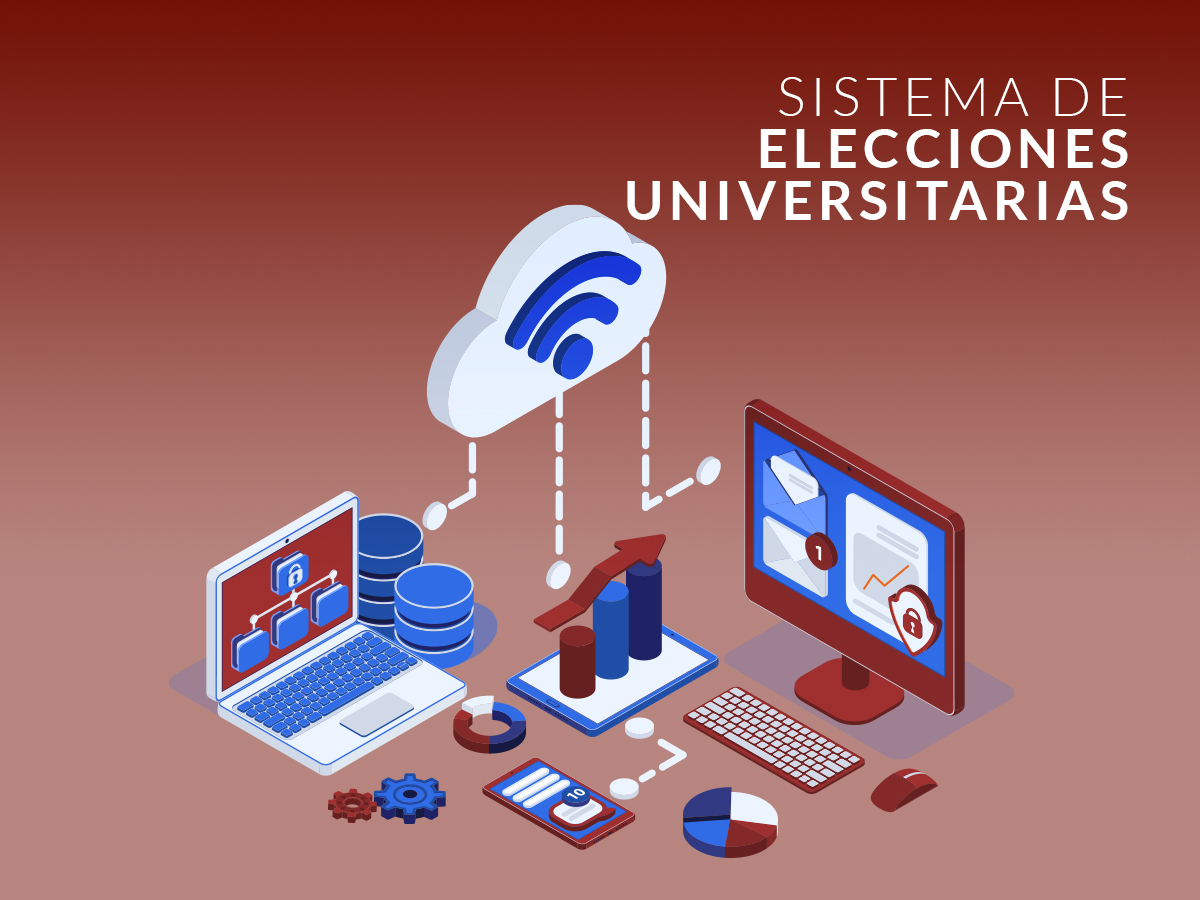 Beneficiary: Electoral Court
From 2011 until 2011
Country: Uruguay
Beneficiary: Electoral Court
From 2011 until 2011
Country: Uruguay
University Election System
The objective of the project is the development of an information system that the Electoral Court can use to assist in carrying out all stages of the University Elections of October 19, 2011, which will be accessed from the netbooks of the Ceibal Plan.
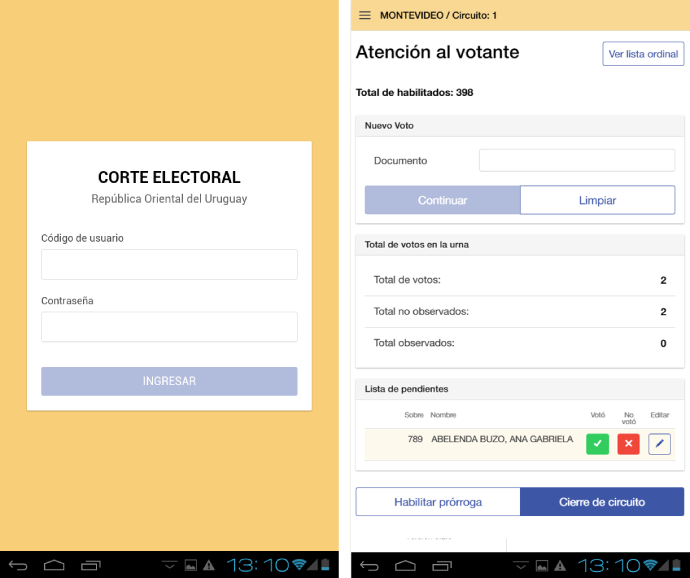 Beneficiary: Electoral Court
From 2018 until 2018
Country: Uruguay
Beneficiary: Electoral Court
From 2018 until 2018
Country: Uruguay
Management of electoral rolls
The information system includes a mobile application that manages the registry at each voting table, installed on tablets, and a web application that centralizes the vote counting to obtain the provisional departmental tally.
This system was based on the system developed previously for the 2011 university elections, used on Ceibal tablets—which was later used for the elections of authorities of the Professional University Retirement and Pension Fund, and the elections of the State Sanitation Works (OSE)—and was adapted for use on tablets.













 Digital Signature
Digital Signature BionA Suite
BionA Suite Biona SIgn
Biona SIgn